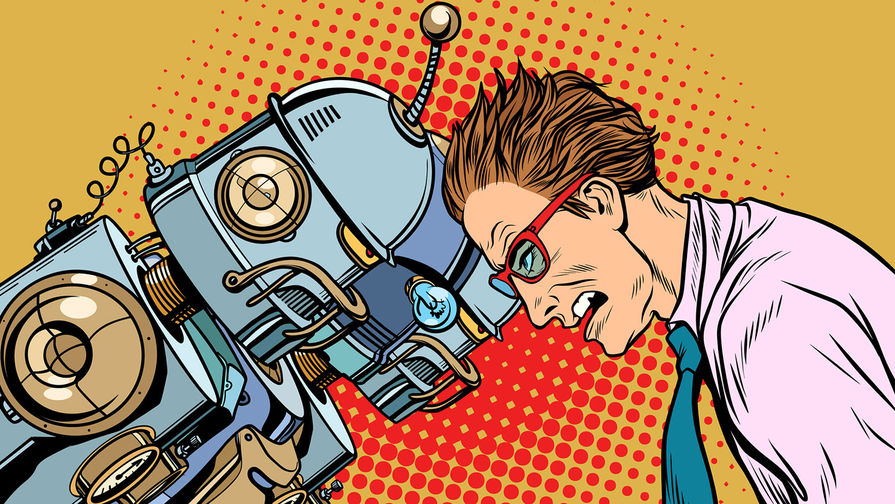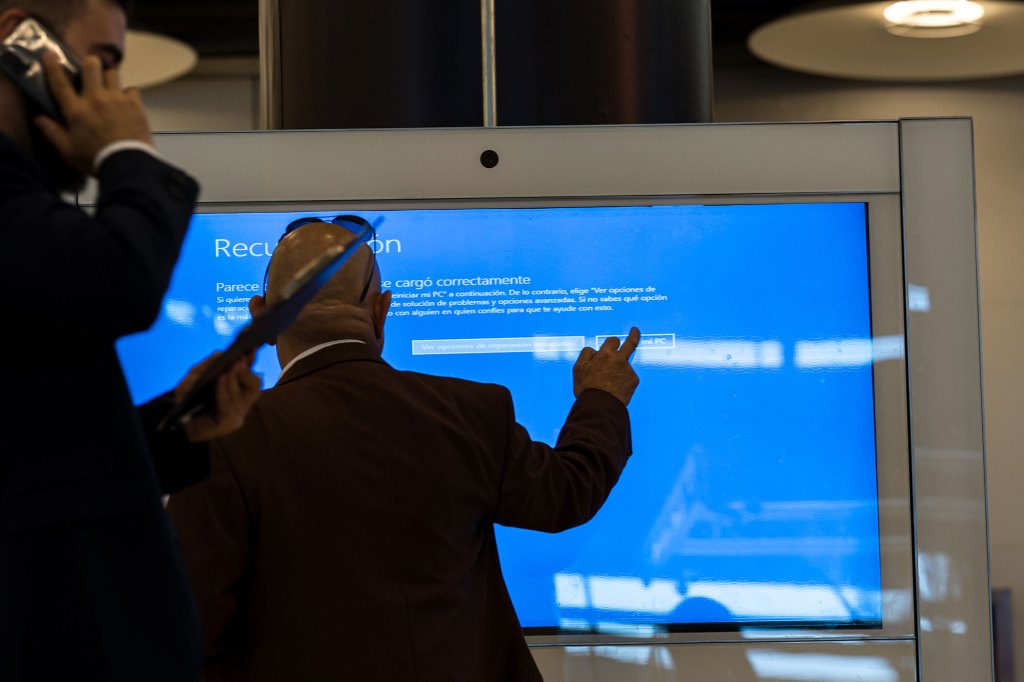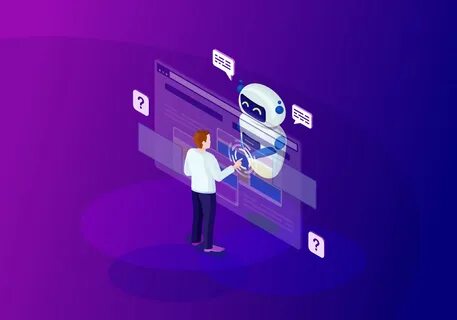The world is changing rapidly, and one of the biggest drivers of this change is artificial intelligence (AI). From virtual assistants to self-driving cars, AI is becoming a part of our everyday lives. However, the job market is one area where AI’s impact is felt the most. In 2024, the conversation about “Human vs. Machine” has never been more relevant. Let’s explore how AI is reshaping the job market, the opportunities it brings, and the challenges we face.
AI’s Role in the Job Market
AI has transformed how businesses operate. Many companies use AI tools to speed up processes, make better decisions, and save money. For example:
- Customer Service: Chatbots handle basic customer inquiries, reducing the need for human agents.
- Data Analysis: AI tools can analyse massive amounts of data faster than humans ever could.
- Manufacturing: Robots powered by AI now perform tasks like assembly, inspection, and packaging with precision.
These advancements mean some jobs are being replaced or modified, but they also create new opportunities.
Jobs AI is Taking Over
AI is great at repetitive tasks and jobs that require analyzing patterns. Some roles most affected by AI include:
- Data Entry: AI can input and process data without human error.
- Basic Accounting: AI software handles bookkeeping and expense tracking efficiently.
- Transportation: Self-driving technology is beginning to replace drivers in certain industries.
- Retail: AI-powered kiosks and online shopping assistants are reducing the need for cashiers.
While these changes may seem concerning, it’s important to note that AI is not perfect and cannot replace all types of work.
Jobs AI Cannot Replace
AI lacks human creativity, emotional intelligence, and complex problem-solving skills. Jobs that require these traits remain safe, such as:
- Creative Fields: Writers, artists, and designers who create unique content.
- Healthcare: Doctors and nurses who provide personalized care.
- Education: Teachers who guide and mentor students.
- Leadership Roles: Managers who inspire teams and make strategic decisions.
These roles highlight the unique strengths humans bring to the workplace.
New Opportunities Created by AI
AI isn’t just about replacing jobs—it’s also about creating new ones. As AI technology grows, so does the demand for professionals who can develop, manage, and maintain it. Some emerging roles include:
- AI Specialists: Experts who design and improve AI systems.
- Data Scientists: Professionals who work with AI to analyze and interpret data.
- Ethics Officers: Specialists who ensure AI is used responsibly and without bias.
- AI Trainers: People who train AI systems to function correctly.
In addition, industries like renewable energy, healthcare, and education are using AI to innovate, creating jobs in the process.
The Challenges of AI in the Job Market
While AI opens up opportunities, it also presents challenges:
- Job Displacement: Workers in certain industries may need to find new careers.
- Skill Gaps: Many people may not have the skills needed for new AI-related jobs.
- Economic Inequality: Some fear AI could widen the gap between high- and low-paying jobs.
Addressing these challenges will require investment in education, retraining programs, and policies that protect workers.
How to Stay Relevant in the Age of AI
To thrive in a job market influenced by AI, workers need to adapt. Here are some tips:
- Learn New Skills: Focus on skills like data analysis, programming, and critical thinking.
- Embrace Lifelong Learning: Technology changes fast, so keep updating your knowledge.
- Develop Soft Skills: Communication, creativity, and empathy are uniquely human traits AI can’t replicate.
- Stay Tech-Savvy: Understanding how AI works can give you an edge in any industry.
Conclusion
AI is undeniably changing the job market in 2024. While some jobs are disappearing, others are being created, and many are evolving. Instead of fearing AI, it’s essential to focus on how humans and machines can work together. By staying adaptable and embracing lifelong learning, workers can thrive in this new era.
The future isn’t about “Human vs. Machine”—it’s about “Human and Machine” working side by side to create a better world.
Check Also:- What Should You Know Before You Buy New Manufactured Home?




